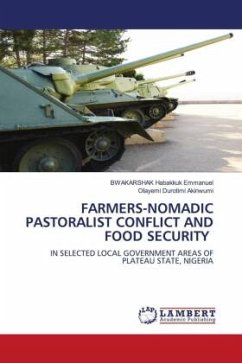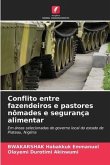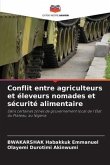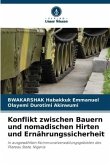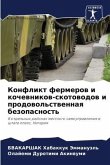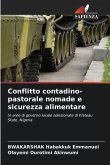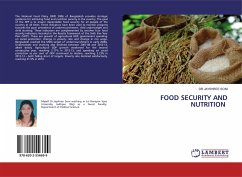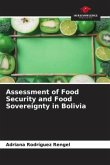This study examined the implications Farmer-Nomadic Pastoralist conflict on food security in Plateau state, Nigeria. The descriptive survey research design was adopted. Nine hundred respondents, made up of farmers, traders, herdsmen and security officers were randomly selected across the council wards of the Local Government Areas. The instrument named as "Farmer-Nomadic Pastoralist Conflict and Food Security Questionnaire" was used to collect the data alongside focus group discussions and individual interviews. The instrument was subjected to a reliability test. The access theory best explains the involvement of the nomadic pastoralist in the conflicts. The findings revealed that farmer-Nomadic Pastoralist Conflict has a significant influence on food security at a 5% level of significance. Farmland has been forcefully taken over for grazing by the nomadic pastoralist, strategically deploying intimidation through violence against crop farmers mostly women and girls. Banditry has also affected access to the farmlands. It was revealed that there is no significant difference in the causes of conflict between Barkin Ladi and Riyom Local Government councils.
Bitte wählen Sie Ihr Anliegen aus.
Rechnungen
Retourenschein anfordern
Bestellstatus
Storno

